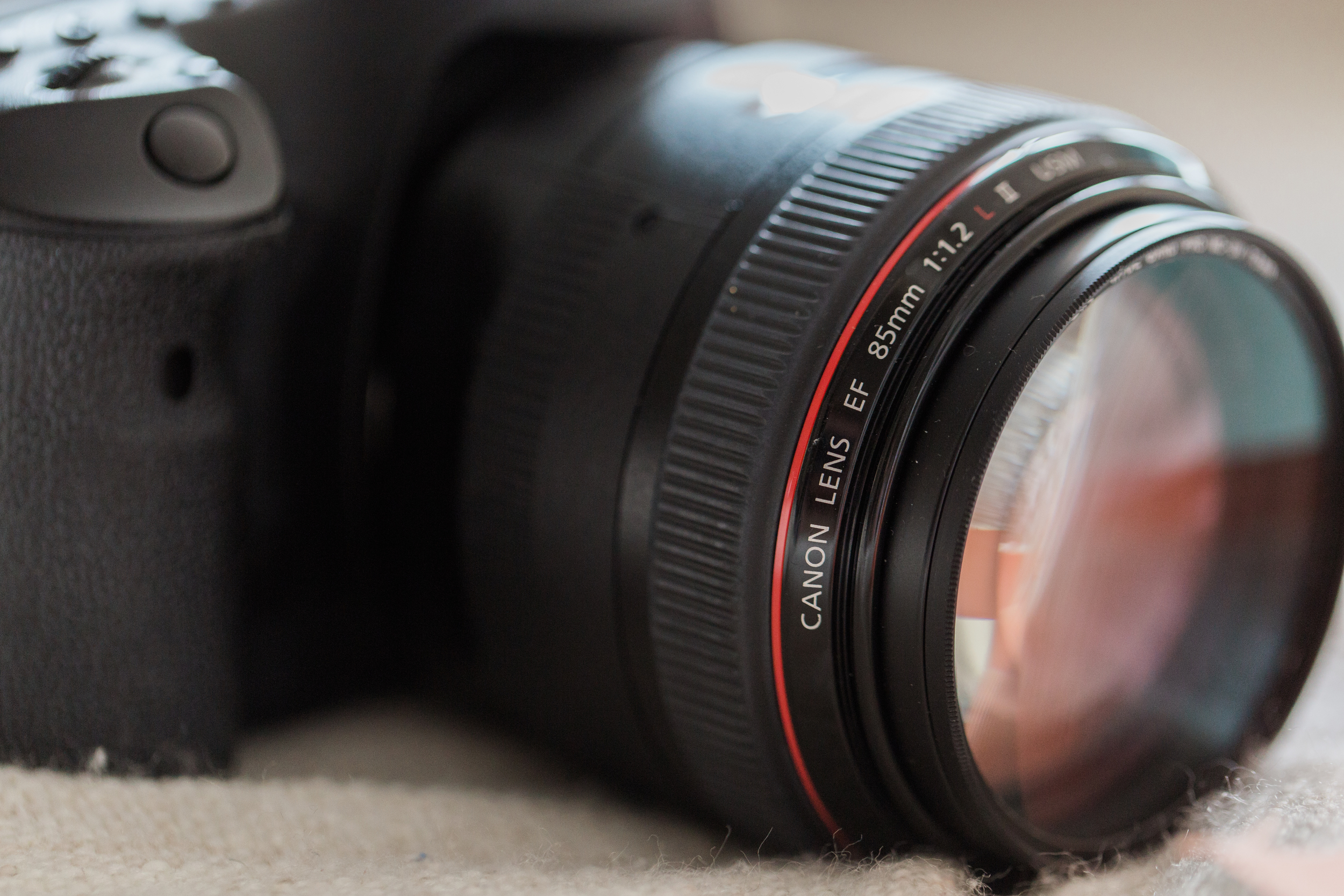3 Tips for Getting Started in Photography...
“The artist is not a special kind of person; rather each person is a special kind of artist.”
Something I get asked A LOT is for tips on getting started in photography. I always find it pretty crazy that anyone would want my opinion on the matter, but I thought it would be easier to write a blog post summarising the things I think are the most beneficial in getting started, rather than having to try and explain it in a few words in a direct message to each person that asks. So here are 3 Tips for getting started in photography:
1. Research
Okay, so this might sound pretty dull. But one of the main things you can do straight away, before you think about buying a camera, before you even move from the exact spot you are sitting in right now this second, is start doing some research. Is their a certain style of photography you are particularly drawn to? Head to flickr or Pinterest and look it up! Find out exactly what images make you buzz, if landscapes make you weak at the knees, if their is an image that makes you internally exclaim ‘I want to be able to do that!’. What is the image coming to your mind as you read through this post? That will probably be the style of photography that means the most to you. Once you have found some photographs that you love, analyse them. Write down what it is about them that makes them great. This will work as an amazing reference to help you document your progress. You will look back at these notes and think ‘I know how to do that now!’ and it will honestly feel awesome.
2. Invest
This is something you probably haven't heard before. One of the most famous things you will hear photographers say is ‘You don't need an expensive camera to take good pictures!’. True, you can work on things like composition on an iPhone camera, and you can also get a pretty great shot. But the problem with this is you are completely limited. You are using a camera that is fully automatic. Do you know how many stops over or under exposed this image is? No. Do you have any control over (or idea at all) what the aperture is that you are using? Nope. The fundamentals of photography just cannot be learned on an iPhone or a point and shoot. The idea that you don’t need to invest in good equipment comes from a generation of photographers who don’t want you to be better than them. They will tell you that you can get a great photo on your iPhone, and then post an image of the same location taken with their camera which looks a million times better. Its a nasty trick, but the photography industry isn’t particularly kind to newcomers as a rule. I’m not saying you need to spend thousands, just get yourself an entry level SLR and a lens that suits your needs. You will find out what that lens is by applying my first tip. Of course, don’t think that having a good camera will make your photographs automatically professional, it just adds extra height to your limits. It gives you a much fairer platform to learn with. You won’t take it out for the first time and take the best photo you’ve ever taken. In fact, you’ll probably have much better images sat on in your iPhone photos folder. Sound contradictory? This takes me to my next point:
3. Practice
Research is incredibly valuable. Equipment makes all the difference. But the main thing you need to do is combine the two with practice. Something I have heard a lot since starting out is ‘You are amazing! You must have a really fantastic/expensive camera!’. As discussed before, this is partially true. However, I can guarantee, if I handed my camera to the next person they couldn’t get the same photograph out of it that I do. I am not saying this to blow my own trumpet, it is simply fact. Why? Because they don’t know how it works. The only way you can find out is by practicing. As soon as you get your camera, turn the dial straight into manual mode. Don’t even think about shooting automatic. Your camera is a device, it is not as smart as you. It is a piece of metal that makes it possible for you to create. Don’t assume that your camera, or anyone else’s camera, is doing any of the work. You absolutely need to spend a lot of time learning, practicing, failing, then trying again. For a while, you will wonder why you put your point and shoot camera down and picked up a manual SLR. But trust me, one day you will pass a point where you will never pick up your iPhone camera unless you absolutely need to. Knowing that the images you take are completely created by you, the settings you choose, and the ideas you come up with is a really great feeling.
So there are my 3 tips, I really hope that somebody reading this finds them helpful! I loved writing this piece and plan on writing similar tutorials/tips in the future. Please let me know your thoughts in the comments!




